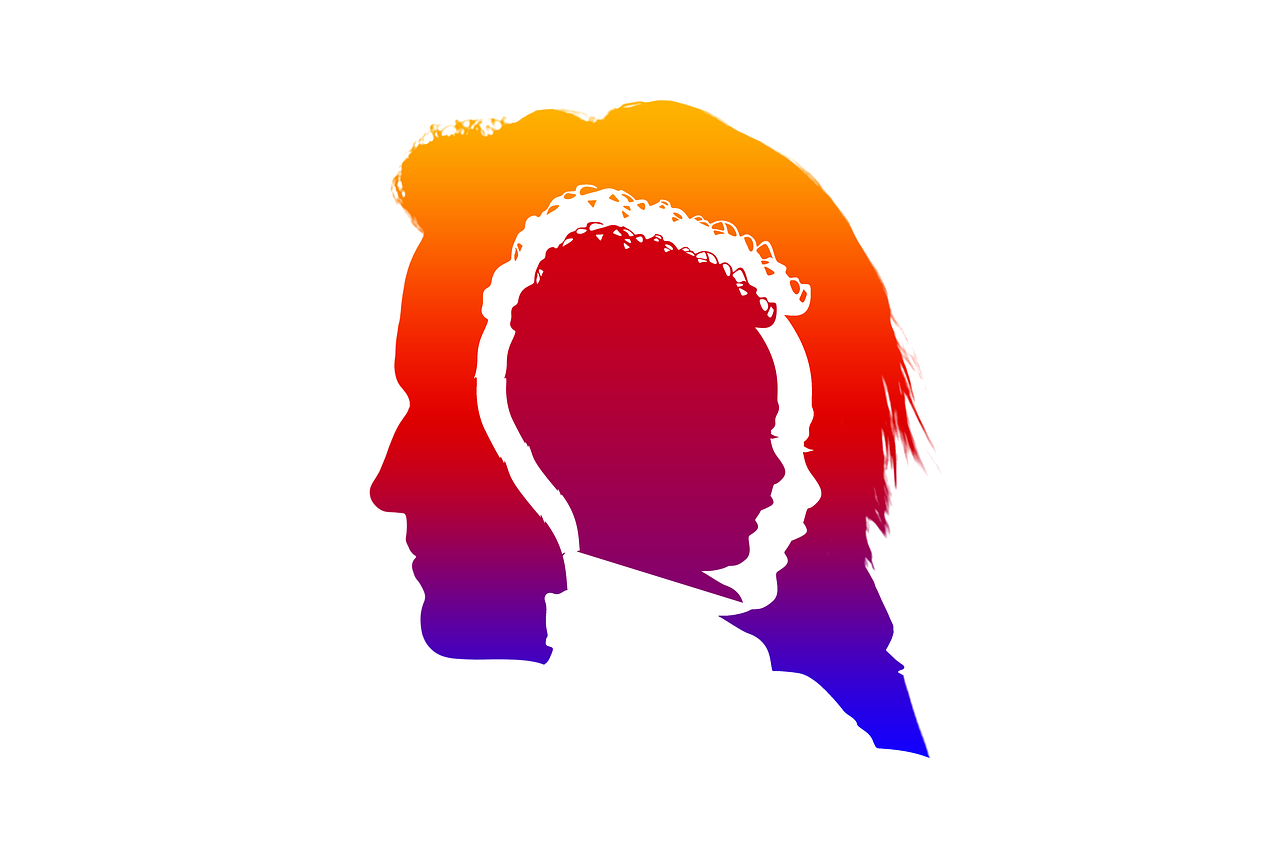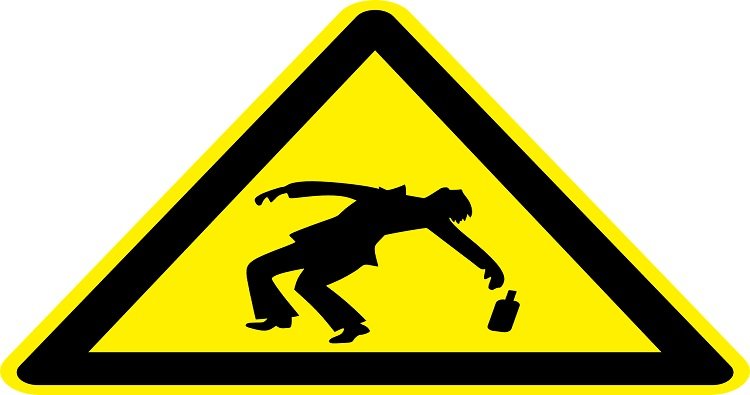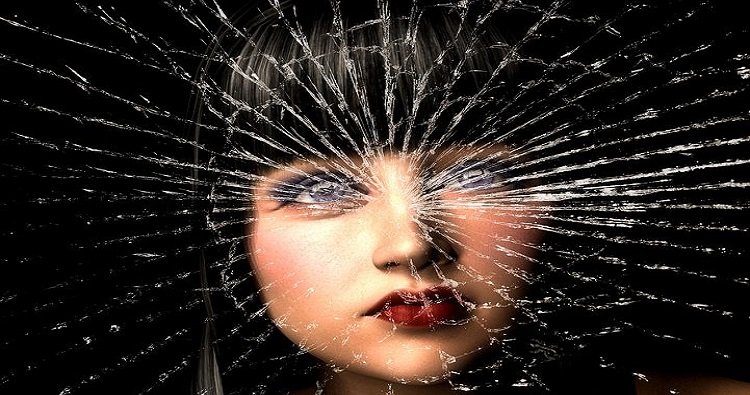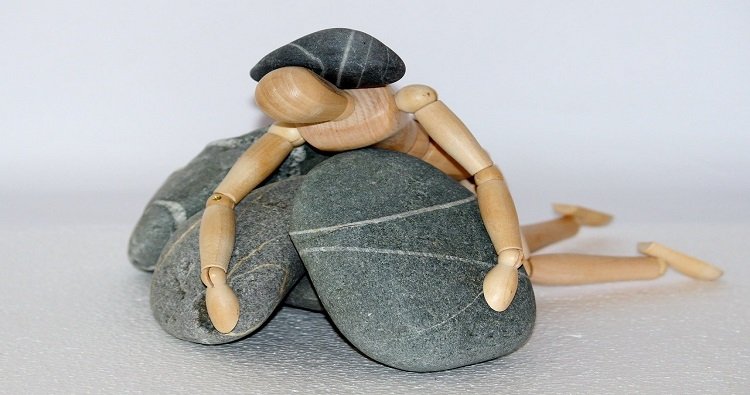- + 91 9958444373
- Malviya Road Dehradun, UK, India.
Blogs detail

Post traumatic stress disorder
- 2020-07-04
There are many people who have suffered several types of traumatic events or been luckily escaped from them like terrifying disasters, earthquakes, tsunamis etc. Some people try and cope with the frightening and terrible memories and emotions of being stuck in a disaster, terrorist attacks or fatal accident but some could not. They are still not able to cope with the thoughts of death, fear, and sorrow if they get hit again by the same situation or an event and that may cause physical as well as emotional problems in their lives. So it becomes necessary for all of us to help these people in forgetting and removing these traumatic events, help them cope from the dreadful events and live a better life in future. So, let us discuss what exactly is PTSD?
It is a disorder that occurs in people who have experienced or seen a traumatic event such as a natural disaster, a serious accident, a terrorist act, war/combat etc.
Signs and symptoms of PTSD-
It is important that you should know how to detect this disorder by having a piece of suitable information about its signs and symptoms:
1) Intrusive thoughts: such as repeated memories, stressful dreams, or a nightmare of the traumatic event. They can be realistic for people experiencing it avoiding reminders of the event: may include avoiding interacting with people, public places, activities, objects, and situations that bring on stressful memories. People may try to avoid rethinking about the traumatic event or resist talking about what happened or how they felt about it.
2) Negative thoughts and feelings may include ongoing and distorted beliefs about oneself and ongoing negative emotions in thoughts.
3) Having arousal thoughts or behaviour include being irritable and having angry outbursts; behaving recklessly or in a self-destructive way; being easily startled or having problems concentrating or sleeping.
Now let us discuss what are the causes of having PTSD as it is one of the important things we should know before treating the root cause of the problem:
a) Having distressing experiences, including the level and severity of trauma you have gone through in your life.
b) Hereditary mental health risks, such as having a family history of anxiety and depression.
c) Biological features of a person’s personality – often called your temperament.
d) The way your brain regulates the chemicals and hormones your body releases in response to stress.
e) Other causes can be the following – fatal accidents, serious health problems, childbirth experiences etc.
Now is the turn of the risk factors that can increase the chance of developing PTSD:
a) Long-lasting trauma
b) Childhood abuse
c) Having a career that can increase the risk of exposure to traumatic events.
d) Having anxiety or depression e) Substance misuse or drug abuse
f) Lacking good family and friends’ support
g) Familial transmission of disorder from the family
Disorders that can co-occur with PTSD and can develop more risk are:
a) Depression and anxiety
b) Drugs or alcohol use
c) Eating disorders
c) Suicidal thoughts and actions
PREVALENCE: In India in 2019, the prevalence of PTSD was estimated to be 47%. This rate is a little bit higher than the cases previously reported. Women are twice as susceptible as males to have PTSD.
TREATMENT:
1) Pharmacotherapy: SSRI’s can be used to treat anxiety thoughts and feelings. Medications can be used to stabilize mood, negative thoughts and emotions are also given. 2) Psychotherapy:
a) Cognitive behavioural therapy: it means that people learn to realize and change thought patterns that lead to troublesome feelings and emotions.
b) Psychodynamic therapy: it is to make the feelings of any childhood experiences come out responsible for this disorder and help examine them to reduce conflicts caused by the event.
c) Family therapy: to help the family members to try to stabilize in with the situation and supply them ways to support and help their family member suffering.
d) Group therapy: it is used to help patients communicate with other people suffering from the same condition and help them to learn how to cope with and motivate themselves to get better.
e) Besides these, many types of progressive relaxation techniques and exercises can be applied to help people reduce anxiety and become mentally and physically healthy.
f) People can also try to come out from the situation better by relaxing in nature, talking to their friends and family, volunteering to help others, spending time with positive people, pursue different hobbies etc.
So all I wanted to be was that you should need to know about this disorder in general so that people or your beloved ones can get proper treatment at the right time.
Contact now
We are a group of health professionals, including Psychologists, Clinical psychologist, Rehabilitation Psychologist, Counsellors, Mindfulness Experts and Social Workers. We are working since 2018 in India to foster mental health.
Contact Us
recent blogs
-

SADNESS AND DEPRESSION ARE DIFFERENT!
2020-06-16 -

ALCOHOL USE DISORDER (AUD)
2020-06-19 -

SEASONAL AFFECTIVE DISORDER (SAD)
2020-06-12 -

UNDERSTANDING MINDFULNESS MEDITATION
2020-06-03 -

BURDEN OF DEPRESSION
2020-06-17







